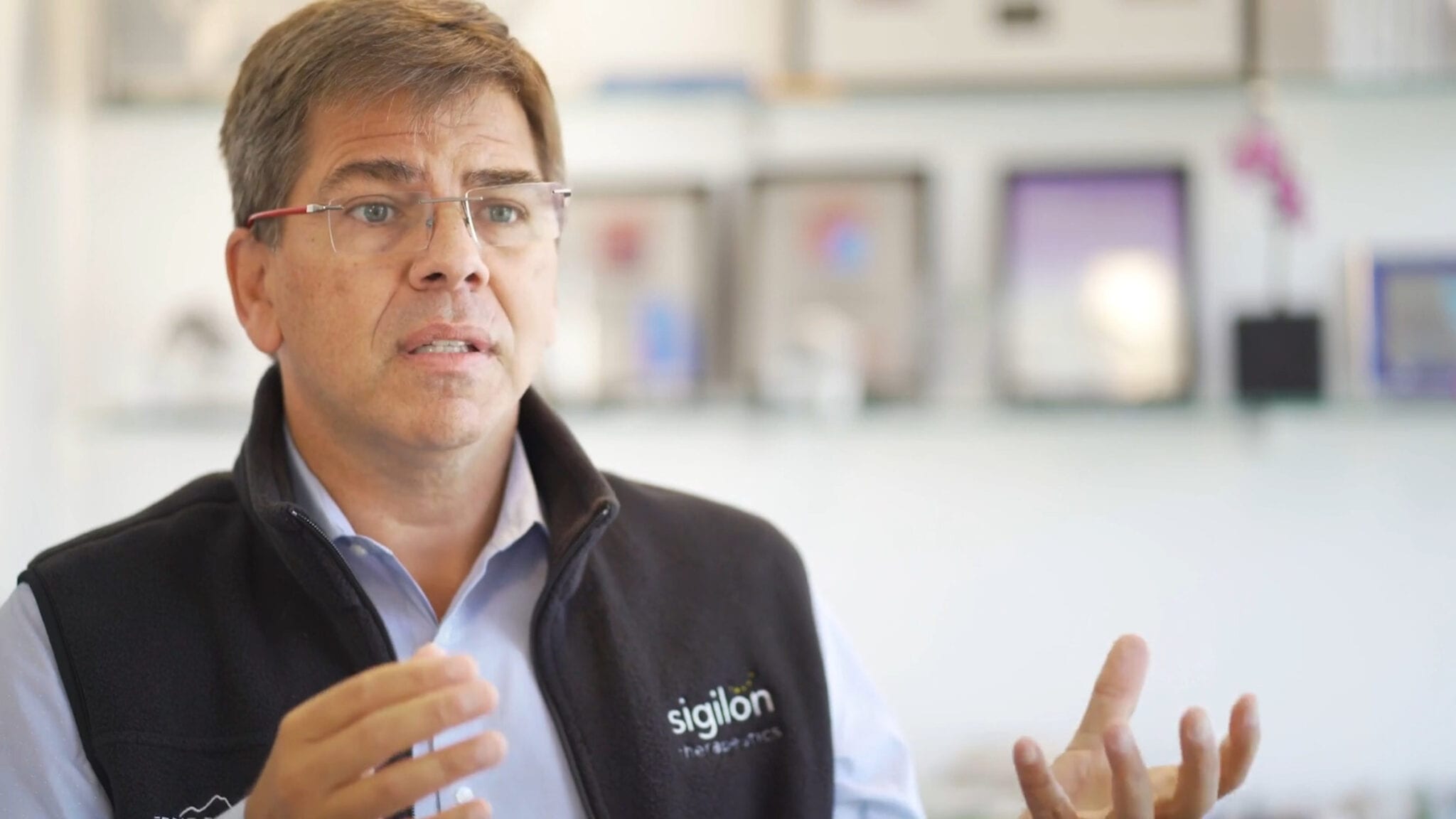
Rogerio Vivaldi, Sigilon CEO (via website)
Sigilon focuses on type 1 diabetes, reduces spend on MPS-1 after letting CMO go (corrected)
Sigilon Therapeutics said it decreased external spend on a rare lysosomal storage disorder as the Bob Langer-founded biotech focuses its cell …
Sign up to read this article for free.
Get free access to a limited number of articles, plus choose newsletters to get straight to your inbox.